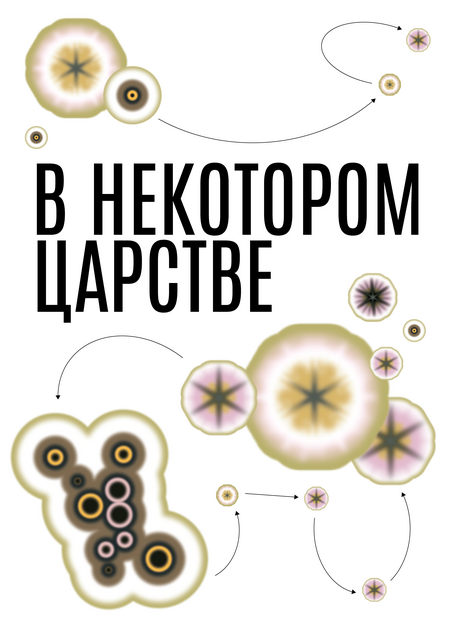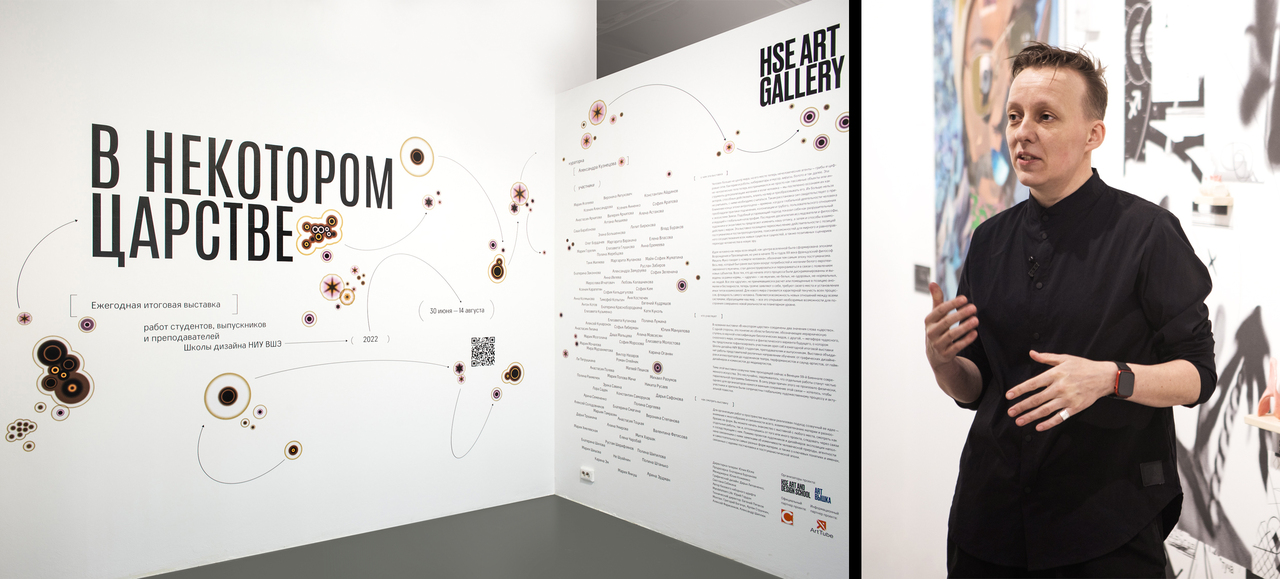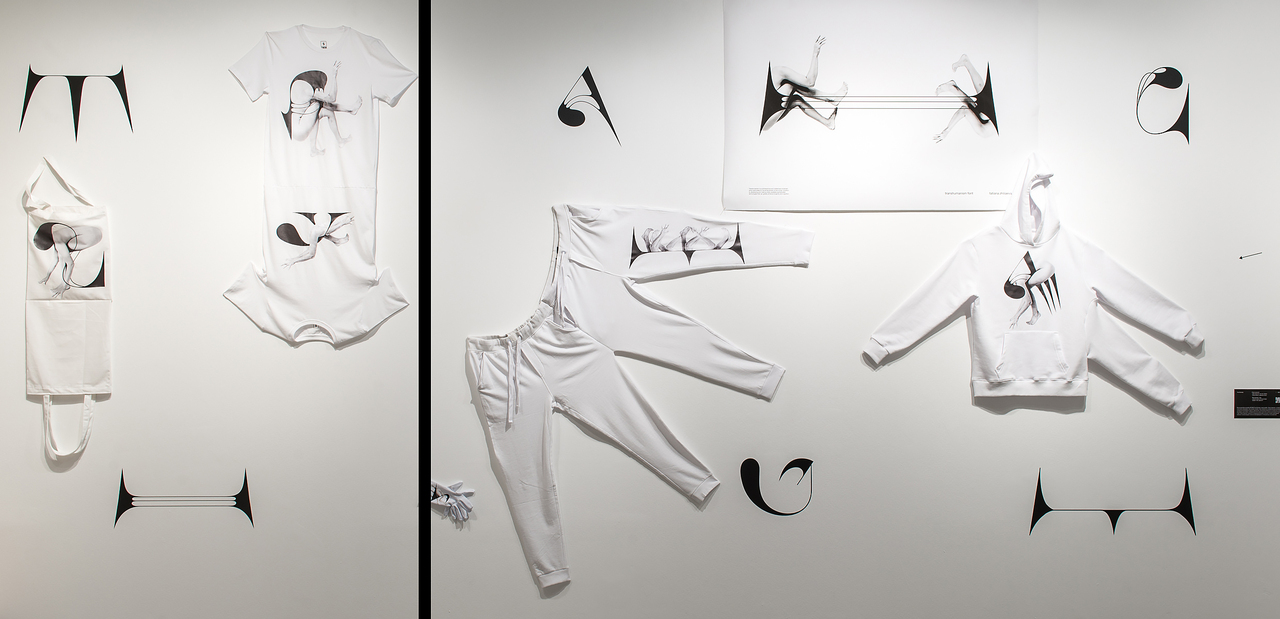
In some kingdom

«In some kingdoms» is an exhibition of projects by students, graduates and teachers at the ICU School of Design. curatorship: Alexandra Kuznetsov
In the title of the exhibit, «In some kingdoms», two meanings of the word «rule» are combined. On the one hand, it is a concept of biology that represents a hierarchical step in the scientific classification of species, and on the other, a metaphor for a wonderful, fabulous world, an optimistic and fantastic future that students, teachers, and graduates fantasized about in their work.

Man is no longer the center of the world; he is no longer human agents — mushrooms and digital networks, bacteria and robots, cyber-avatars and garbage, viruses, swamps, and so on. Now we are gradually aware of these non-human bodies as actors capable of acting, influencing and transforming the world. They can no longer be ignored; they must be taken into account.
The idea of man as a measure of all things, as the center of the universe, was formed by the periods of Renaissance and Enlightenment, but as early as the early 1970's, the French philosopher Michel Fuco spoke of «human death,» thus marking an era of posthumanism. The entire world, which had previously been built around the needs and desires of a white European male, had begun to deconstruct and repaint with the emergence of new actors. The new world is becoming characterized by the current of all processes, the fluidity of the human being.
The exhibition is dedicated to rethinking reality from the perspective of post-humanism and post-trocentrism, seeking opportunities for peaceful and equitable coexistence of all living beings and entities, as well as positive scenarios for humanity ' s transition to a new era.
The exhibition brought together participants from various fields of study, ranging from graphic designers and illustrators to theatre artists, performanceists and sound artists, from game designers and comicists to media artists.
In addition to the projects of artists and designers, the exhibition is filled with related notes on the variability of human nature, the agency and autonomy of a variety of forms of matter, as well as key concepts and names related to post-humanist and post-humanistic ideas.